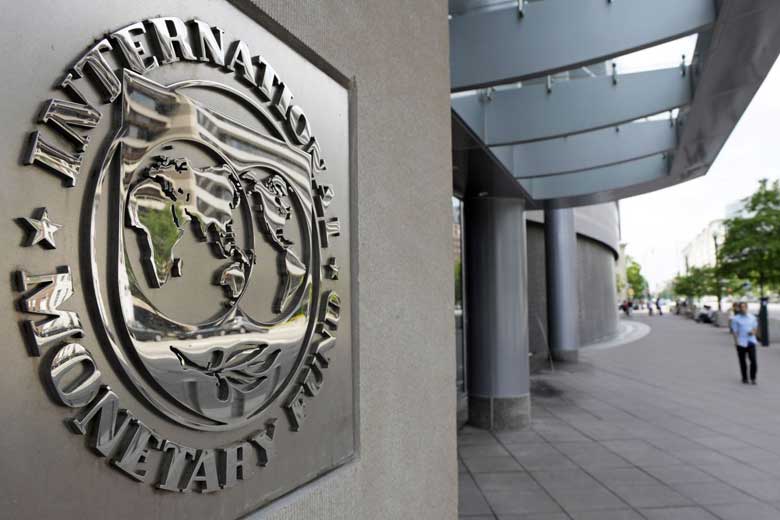The International Monetary Fund (IMF) has said Nigeria’s growth prospects will barely exceed its population expansion despite recent economic reforms.
Axel Schimmelpfennig, the IMF’s mission chief to Nigeria, who explained the risks to the nation’s economic outlook during a virtual briefing, acknowledged the strides made in implementing tough economic reforms but stressed that significant challenges persist.
The IMF reaffirmed its forecast of 3.3% economic growth for Nigeria in the current year, slightly up from 2.9% in 2023.
However, Schimmelpfennig revealed that this growth rate merely surpasses population dynamics and signaled a need for accelerated progress to enhance living standards significantly.
While Nigeria has received commendation for measures such as abolishing fuel subsidies and reforming the foreign-exchange regime under President Bola Tinubu’s administration, these reforms have not come without costs.
The drastic depreciation of the naira by 65% has fueled inflation to its highest level in nearly three decades, exacerbating the cost of living for many Nigerians.
The IMF anticipates a moderation of Nigeria’s annual inflation rate to 24% by the year’s end, down from the current 33.2% recorded in March.
However, the organization cautioned that substantial challenges persist, particularly in addressing acute food insecurity affecting millions of Nigerians with up to 19 million categorized as food insecure and a poverty rate of 46% in 2023.
Moreover, the IMF emphasized the importance of maintaining a tight monetary policy stance to curb inflation, preserve exchange rate flexibility, and bolster reserves.
It raised concerns about proposed amendments to the law governing the central bank, fearing that such changes could undermine its autonomy and weaken the institutional framework.
Looking ahead, Nigeria faces several risks, including potential shocks to agriculture and global food prices, which could exacerbate food insecurity.
Also, any decline in oil production would not only impact economic growth but also strain government finances, trade, and inflationary pressures.

 Naira4 weeks ago
Naira4 weeks ago
 Naira4 weeks ago
Naira4 weeks ago


 Naira4 weeks ago
Naira4 weeks ago




 Naira3 weeks ago
Naira3 weeks ago
 Commodities4 weeks ago
Commodities4 weeks ago


 News4 weeks ago
News4 weeks ago


 Banking Sector4 weeks ago
Banking Sector4 weeks ago
 Travel4 weeks ago
Travel4 weeks ago
















